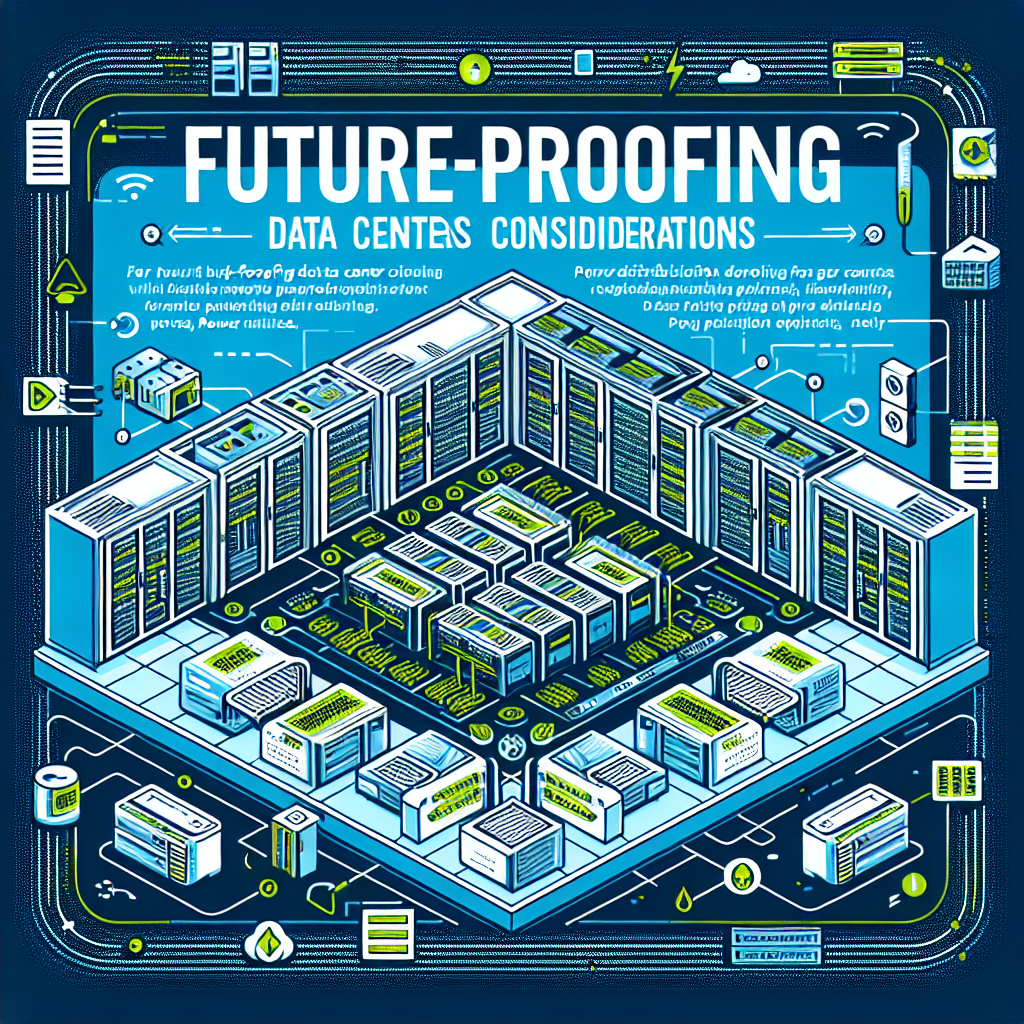In today’s fast-paced digital world, data centers are the backbone of many organizations. These facilities house the servers, storage, and networking equipment that power everything from email and online transactions to cloud computing and artificial intelligence. As technology continues to evolve at a rapid pace, it’s crucial for businesses to future-proof their data centers to ensure they can meet the increasing demands of today and tomorrow.
One key consideration when future-proofing a data center is power distribution. With the growing number of devices and applications being used, data centers require more power than ever before. In order to ensure reliable and efficient power distribution, businesses must carefully consider their current and future power needs.
One important factor to consider when planning power distribution in a data center is scalability. As technology advances and data center requirements change, it’s essential to have a power distribution system that can easily adapt to these changes. This means choosing a system that can be easily expanded or upgraded as needed, without causing downtime or disruptions to the operation of the data center.
Another crucial consideration is efficiency. With the rising costs of electricity and increasing concerns about environmental sustainability, it’s important for data centers to maximize the efficiency of their power distribution systems. This can be achieved through the use of energy-efficient equipment, such as uninterruptible power supplies (UPS) and power distribution units (PDUs), as well as implementing strategies such as virtualization and server consolidation to reduce overall power consumption.
Reliability is also a key consideration when it comes to power distribution in a data center. Downtime can be costly for businesses, both in terms of lost revenue and damage to their reputation. To ensure uninterrupted power distribution, data centers should have redundant power systems in place, such as backup generators and uninterruptible power supplies, to provide a reliable source of power in the event of a power outage.
In conclusion, future-proofing a data center requires careful consideration of power distribution. By choosing a scalable, efficient, and reliable power distribution system, businesses can ensure their data center is equipped to meet the demands of today and tomorrow. Investing in the right power distribution infrastructure now can help businesses avoid costly downtime, improve operational efficiency, and ensure their data center remains a reliable and secure hub for their digital operations.

Leave a Reply
You must be logged in to post a comment.